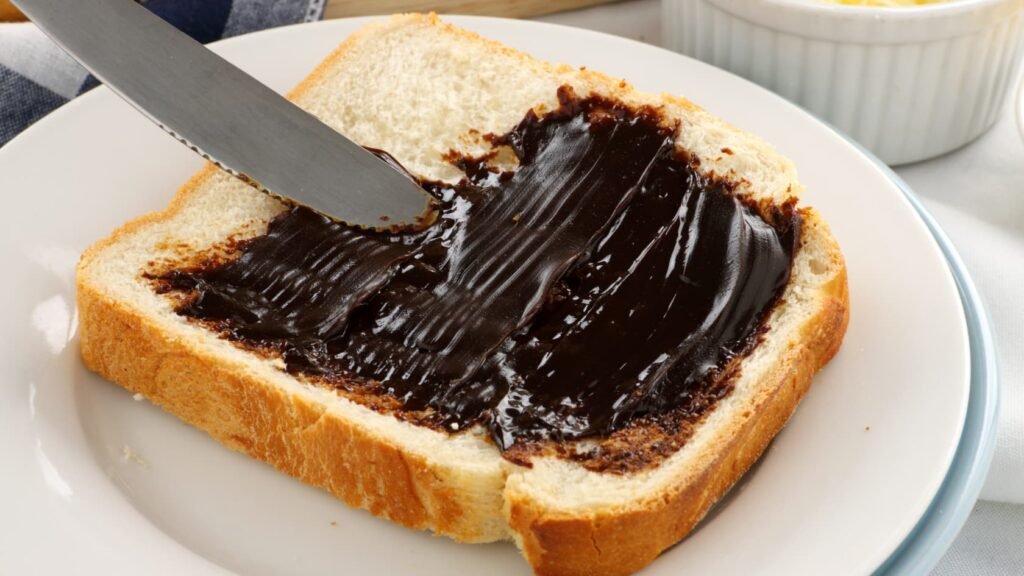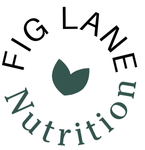Although sources of vitamin B12 are rarely naturally found in plant-based vegan foods. There are several foods that are fortified (adding a nutrient that is not originally in the food) with vitamin B12 so you don’t miss out. Check out the list of 12 sources of vitamin B12 for plant-based vegans.

Why do we need vitamin B12?
Vitamin B12 is an essential nutrient for our red blood cell division, DNA synthesis, and nervous system [1].
Unlike other B vitamins, most of us can store about 6 months in our liver. However, there are certain medical conditions or medications that effect our absorption and stores. This can run those individuals with the risk of deficiency.
In addition to vegans, who may have not consumption of B12, healthy plant-based individuals with low consumption of B12, may be at risk for deficiency as well.
How Much do We Need?
For adults 19+ years old, the recommended dietary allowance or RDA for vitamin B12 is 2.4 micrograms [1]. This increased to 2.6 micrograms during pregnancy and 2.8 micrograms during lactation [1].
Importance of checking labs on sources of vitamin B12 for plant-based vegans
Since Vitamin B12 is not naturally found in most of these foods it is important to note that fortification may be brand dependent. Meaning not all brands of a product may add in vitamin B12.
It is going to be important to double check the food label for nutritional contents. While B12 is not required to be listed on a food label, it can be included. Every brand including it in there ingredients are noted below, added the amount and the percent DV to the food label.
*The nutrient information about vitamin B12 contents were determined from product websites as of 2/6/2025. Formulations and products may change affecting B12 contents.
1. Fortified Plant-based milk
Some, however, not all plant based milks are fortified with vitamin B12. Certain products by Oatly, Planet oat, So Delicious, Ripple, Silk, Milkadamia have fortification*. However, Elmhurst, Almond Breeze, Malk, Pacific foods, Califia, Oatly (only the “Super Basic” excludes B12) do not.
2. Fortified Electrolyte drinks
Okay, technically also a supplement, some electrolyte drinks have B12 added to them as well.
It’s important to note that not everyone needs electrolytes. Generally, for healthy individuals who are athletes, those performing in long endurance exercises, and people who are working outside in hot weather are the ones who may benefit.
3. Fortified Breakfast Cereals
Most cereals are fortified to help individuals meet their required nutritional needs. When a cereal is fortified, iron, Vitamin B12, and folate are typically added. You can even find this in popular cereal brands like cheerios or corn flakes. Always check the label to determine how much B12 a serving can get you.
4. Nutritional Yeast

Nutritional yeast is a powdered that was created to help vegans get B12. Its the inactivated yeast from baking bread or making beer.
There are two types of nutritional yeast, fortified and unfortified. Nutritional yeast naturally contains the B vitamins. Getting a fortified version allows for some extra vitamin benefit but isn’t needed. Try sprinkling this on some popcorn or as “a salt replacer” when cooking dinner.
5. Fortified Meat Substitutes
Fortified meat substitutes will usually be brand specific. It’s always important to check their label. Typically it will depend on if they contain something else that has B12 such as mushrooms, seaweed, or fortified tofu.
6. Fortified Vegan Yogurts
Unfortunately, none of the yogurts from our “3 High Protein Plant Based Yogurt Alternatives [Dietitian Tested]” post made the cut. After checking several brands the only one containing B12 was So Delicious*. Though with this plant-based yogurt, its coconut milk based making it also high in saturated fats.
7. Shiitake Mushrooms
Specifically, these have to be dried. Drying this mushroom helps to concentrate that B12, giving about 2.4 mcg per 1/2 cup serving of dried mushrooms. You don’t have to eat them dried to get the benefit, you can rehydrate them in stews, stocks, or sauces.
8. Fortified Tofu
Like our plant-based yogurts, after researching brands on the market, the only apparent one to contain B12 was the Nasoya brand*.
For someone who is vegan, depending on the brand, tofu can be a good sources of not only vitamin B12 but also calcium.
For other plant-based sources of calcium, check out our list of “Top 9 Plant Based Calcium Sources“
9. Vegan Protein Drinks
Some, but not all, protein drinks are fortified with vitamin B12. For some, protein may be hard to get enough of in general. Making it a great combo for someone who is struggling to get both in their diet.
10. Fortified Plant-Based Cheeses
Although, not all plant-based cheese are fortified with calcium, some are fortified with vitamin B12.
11. Marmite Spread

Marmite spread has a whopping 1.9 micrograms of vitamin B12 in 1 serving [3]. If you have not heard of Marmite before it is a salty yeasty spread more popular in the UK and Australia. Though you can find it in some stores in the U.S. if you want to give it a try!
12. Seaweed
Some seaweeds can have small amount of vitamin B12. Likely not enough to support meeting your nutritional needs, but like tempeh mentioned next, it can be added in addition to other foods.
13.Tempeh
Although Tempeh may contain vitamin B12, it is in very small amounts. The product used during the writing of this did not disclose vitamin B12 content on the pacakage. However, 1/2 cup generally has about 0.1 micrograms [1].
Take away
There are several vitamin B12 for plant-based vegans however, you just need to know where to find them. Most of these foods are fortified with vitamin B12 and those containing it naturally tend to have very small amounts.
If you do not include these foods and don’t consume animal products on your plant based diet, it may be beneficial to look into supplementation to support meeting you needs. But before you do, as always, talk with your doctor or dietitian before starting any new supplements.

Pingback: Cereals on a Plant-Based Diet: A Dietitian's Guide to Choosing Cereals - Fig Lane Nutrition